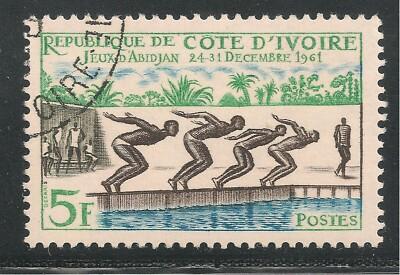Understanding the Current State of Ivory Coast

Introduction
Ivory Coast, also known as Côte d’Ivoire, is a West African nation known for its rich cultural heritage, cocoa production, and economic potential. Over the past few years, the country has made significant strides in economic growth and development, making it a focal point for investors and policymakers alike. Understanding the current dynamics within Ivory Coast is crucial for grasping its role in regional stability and growth.
Economic Growth and Challenges
According to the World Bank, Ivory Coast’s economy has been one of the fastest-growing in Africa, with a growth rate of about 7% in 2022. Major contributors to this growth include the agriculture sector, particularly cocoa and coffee exports, which account for a significant portion of GDP. However, the country faces challenges, including rising inflation rates and the global economic impact of the COVID-19 pandemic. The government has implemented policies aimed at diversifying the economy and reducing dependence on single commodities.
Political Landscape
The political situation in Ivory Coast has been historically tumultuous, with a civil war in the early 2000s and political unrest in the years following. However, recent elections have led to a more stable environment. The current president, Alassane Ouattara, has been in office since 2011 and has pledged to continue reforms aimed at improving governance and political inclusiveness. The upcoming presidential elections in 2025 will be crucial to maintaining this stability and addressing the concerns of various political factions.
Social Issues and Development Goals
Despite economic growth, social issues remain a pressing concern in Ivory Coast. High rates of poverty, limited access to healthcare, and inadequate educational infrastructure hinder progress for many citizens. The government, in collaboration with international organisations, aims to tackle these issues through development initiatives aimed at improving social services. The Sustainable Development Goals (SDGs) serve as a guiding framework for these efforts, focusing on poverty reduction, gender equality, and quality education.
Conclusion
In conclusion, Ivory Coast is at a critical juncture, with opportunities for growth tempered by significant challenges. Continued investment in economic diversification, political stability, and social development will be essential for the country’s future. As Ivory Coast navigates these issues, it remains a vital player in the West African region, offering insights into the complex interplay of economics, politics, and society. Observers will be watching closely as the nation approaches its next electoral cycle, which could shape its trajectory for years to come.
